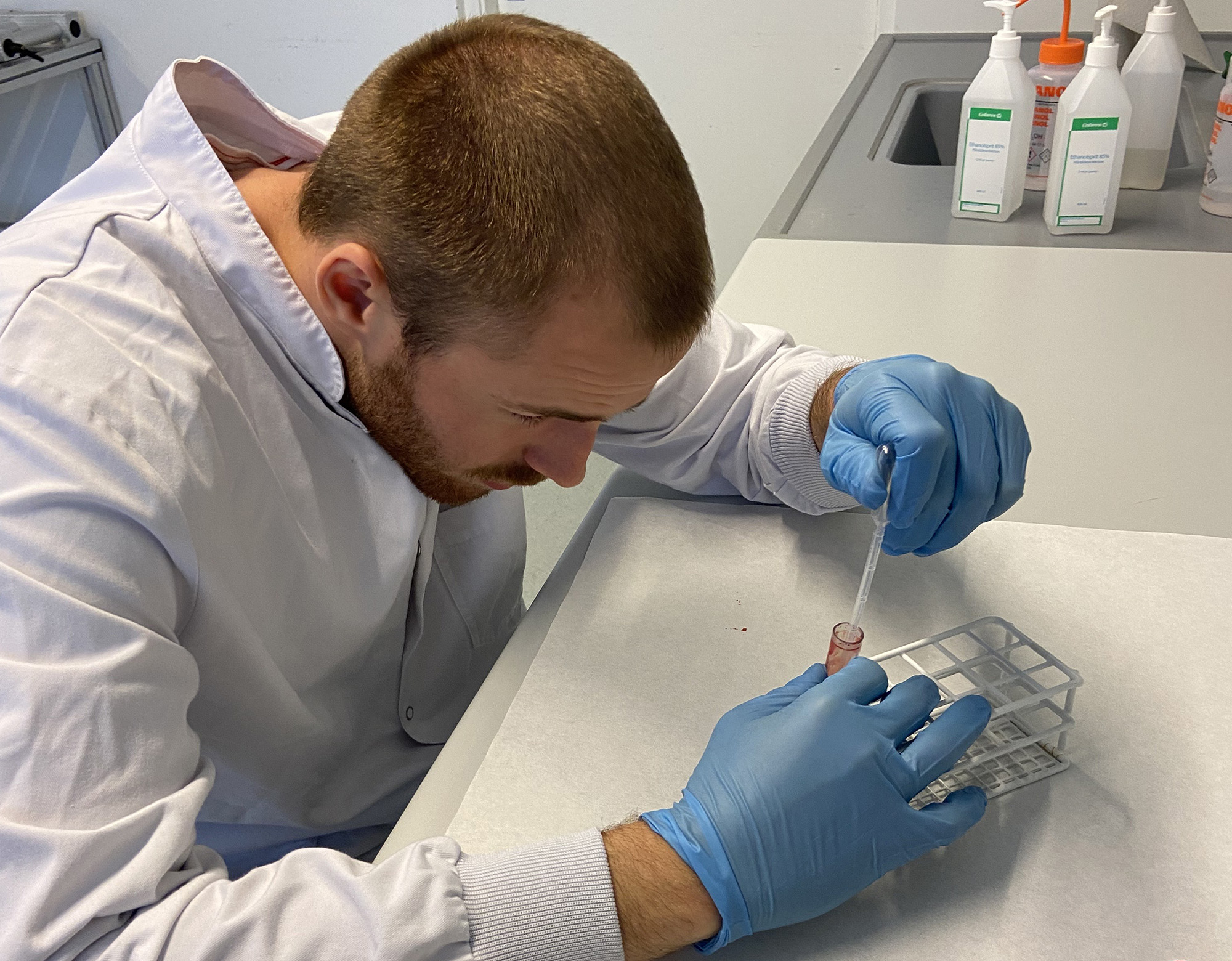

Cultivated meat technology to disrupt US$5.6 billion Malaysia meat and seafood markets, according to GlobalData
The cultivated meat industry, which has gained a foothold in Singapore, is rapidly spreading its wings to neighboring Asian countries, including Malaysia. Cell AgriTech, a local food-tech startup, is at the forefront of the cultivated meat movement in Malaysia, in collaboration with Singapore-based Umami Meats. The company is commissioning a manufacturing plant for producing cultivated meat, fish, and seafood. Cellular meat technology will disrupt the estimated US$5.6 billion Malaysian meat and fish and seafood markets, according to GlobalData, a leading data and analytics company.
“Cultivated meat is less water and land intensive, involves less animal cruelty, and generates less greenhouse gas emissions than traditional livestock farming and aquaculture," said Bobby Verghese, Consumer Analyst at GlobalData. "Additionally, selective cuts of animal and fish meat can be produced without undesired bones, guts, fins, and gills, which avoids processing wastage. Moreover, cultivated products are free from antibiotics, growth hormones, residual pesticides, or heavy metals. Furthermore, production can be scaled up or down, in line with consumer demand.”
“While the plant-based meat substitutes market is booming in Asia, the cultivated meat market is just gearing up to take flight with Singapore being the only Asian country to approve commercial sales of lab-grown meat," added Tim Hill, Key Account Director at GlobalData Singapore. "South Korea, China, Japan, and Australia are also framing laws for cellular food products.”
“Cultivated meat companies, such as Cell AgriTech, are lobbying for similar legislation in Malaysia. The Malaysian Government needs to frame stringent food safety laws for the production and commercial sale of cultivated meat. Given the sizable Muslim community in Malaysia, the Foreign Halal Certification Body, the agency responsible for halal certification in Malaysia, also has to develop halal certification requirements for cultivated meat and seafood.”
“As the cultivated meat technology is nascent, production costs are quite high," Verghese continued. "As a result, Cell AgriTech aims to produce only premium fish meat cuts, such as fillets of tuna, grouper, and eels, which can be priced on par with their fresh fish equivalents. As cultivating meat cells in bioreactors is an energy-intensive process, the company aims to leverage solar energy to cut power costs. However, as technologies and processes evolve, the industry’s input costs are expected to subside.”
Challenges aside, the outlook for cultivated meat is promising in Malaysia, given the positive attitude among Malaysians towards the concept. GlobalData’s Q1 2023 survey sheds light on this, with 51% of Malaysian survey respondents saying that if 'lab-grown' or 'artificially recreated' products were available, they would find them quite or very appealing.
Additionally, 38% of Malaysian survey respondents are motivated to try lab-cultivated food alternatives as they think these alternatives are healthier. A sizable section of survey respondents also prioritized the environmental and ethical benefits of lab-grown meat, and prices.
“Strong domestic demand will aid Malaysian manufacturers in scaling up production efficiently," Verghese concluded. "As consumption reaches the required critical mass, product prices will fall due to economies of scale. Opportune markets can also attract new players and investments, which will, in turn, stimulate product innovation. Authorities across the Asia-Pacific are investing in cultured meat to ensure national food security in light of the multiple meat supply disruptions in recent years due to the H1N1, African Swine Flu, Covid-19, and the Russia–Ukraine conflict.”
If you have any questions or would like to get in touch with us, please email info@futureofproteinproduction.com






